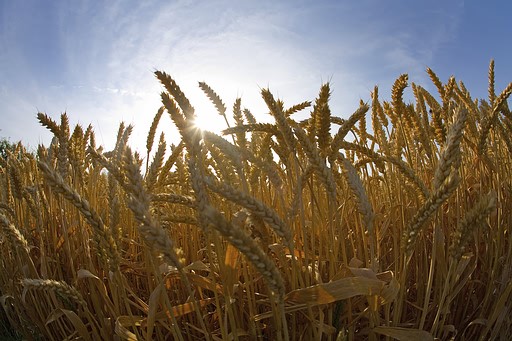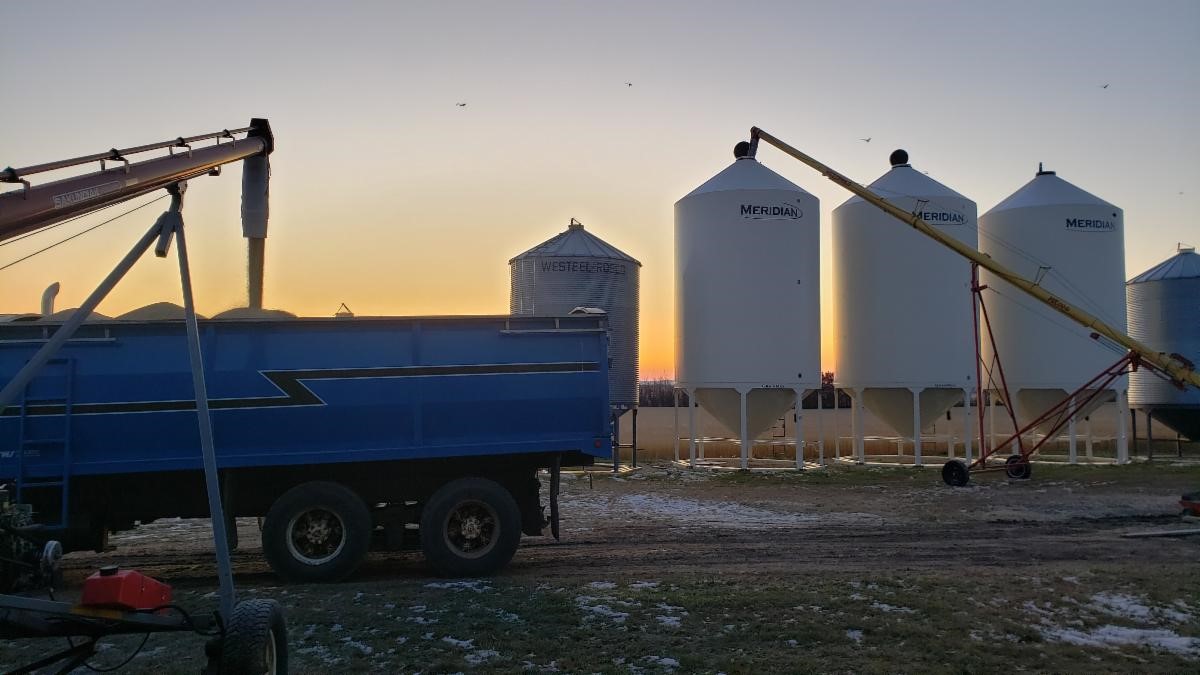

As we often say, “Farming is forever,” and this week’s main article is a testament to that enduring belief. While many of our colleagues are deeply rooted in the world of agriculture, we understand that not all of us have had the opportunity to plant, nurture, and harvest a crop. However, the spirit of farming runs through us all, whether we’re tilling the soil or working behind the scenes to support this vital industry.
For those who have grown up on farms or have been closely involved in farming from an early age, the memories of those first crops may be deeply ingrained. The early mornings, the tractor rides with family members, and the lessons passed down through generations create a rich tapestry of experiences.
But what about those of us who didn’t grow up on a farm or have had a different career trajectory? We may not have planted our own crops, but we’ve played crucial roles in supporting the agricultural community. From customer experience coordinators who ensure seamless transactions to web developers who create the digital infrastructure that connects producers and buyers, we are all integral parts of the farming ecosystem.
As we move forward in our careers and lives, it’s essential to take a moment to reflect on how far we’ve come. Whether we’ve spent our entire lives in agriculture or have recently joined the industry, we all have stories to share and lessons to learn. Our collective knowledge, experience, and character have grown, and it’s something we should celebrate.
Remember, in the world of agriculture, “Farming is forever.” It’s a journey we’re all on together, no matter where we started or where we’re headed.
Because Farming is Forever
Austin Fiddes


Market Report – Kate Prince
Barley prices are ranging around $5.75-6.75/bu, depending on location. Since these prices aren’t competitive enough in the export market, barley will heavily rely on the domestic market, while competing with corn imports into Western Canada, from the US.
Oat production was down this year, although there was still a significant amount carried over from the 2022-2023 crop year. Supplies should tighten up as we get into 2024 to help put upward pressure on Oat prices. We’re currently seeing Oat pricing around $4.50-$5.25/bu into the new year.
A good portion of Canola supply should be used up in the domestic market. However, the four million tonnes of Canola that was forecasted to be exported to China is raising concerns. China has been unusually slow in contracting Canadian Canola. This could be due to the sudden influx of monthly rapeseed oil from Russia, in addition to the Canola seed that China has been importing from Ukraine and Australia. Canola prices we’ve been seeing between $14.90-15.30/bu.
On the upside, domestic demand and profitability remain strong from Canola crushers. Canola oil use for US biofuel production has increased drastically since January 2022. Based on oil content of 43%, it’s estimated 3.5 million metric tonnes of Canadian Canola would need to be crushed annually, based on August 2023 US biofuel demand.
With China being the world’s largest wheat producer and consumer, it’s looking like China will be importing record volumes of wheat. This is due to rain damage on crops in China, as well as capitalizing on lower prices from exporting countries that have had dry weather. China’s wheat imports from Jan-Sept increased by 10.17 million metric tonnes (a 53.6% increase), of which 1.8 million metric tonnes were imported from Canada. China Wheat purchases have helped stabilize the global wheat prices, and it is anticipated that China will start importing higher volumes of good quality US and Canadian wheat, as Australian supplies start to tighten. However, we’ve seen a drop in wheat prices this week due to Russia’s large volume of cheap wheat that’s flooding export markets and the reopening of the Ukrainian export corridor. Wheat prices have been stable, ranging between $9.50-10.00/bu for 2023/2024.
Seller Tip: Now is a great time to start thinking about when you will need to move your grain. Both trucks and buyers are booking up quickly before December holidays and into January. There’s a variety of reasons producers are marketing their grain now – upcoming bills, future snow that will limit grain being picked up in yards, road ban season, and putting their grain in front of multiple buyers to find the best time and price for their grain. Call us today 1-888-969-5552 and we would love to help you come up with a marketing strategy.
